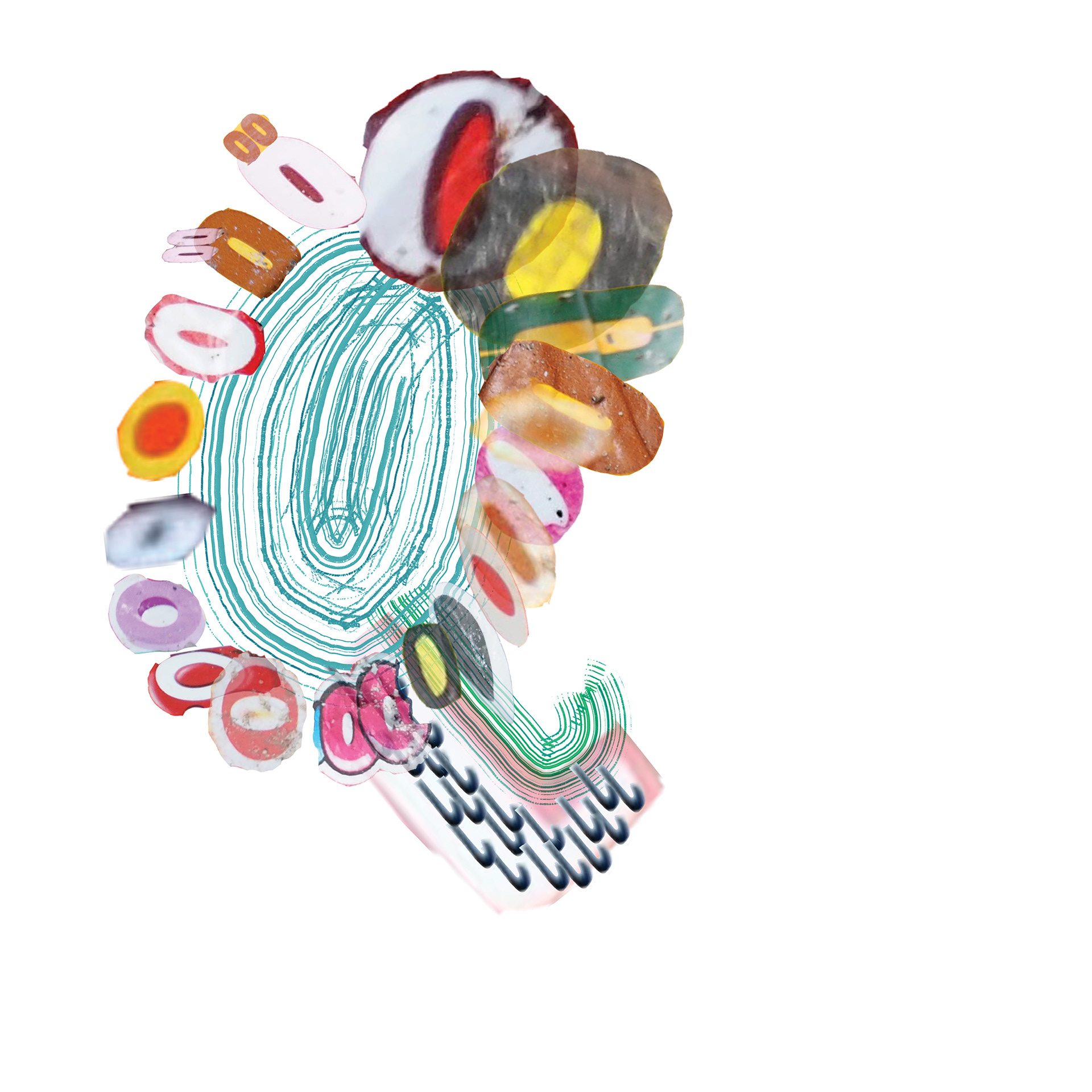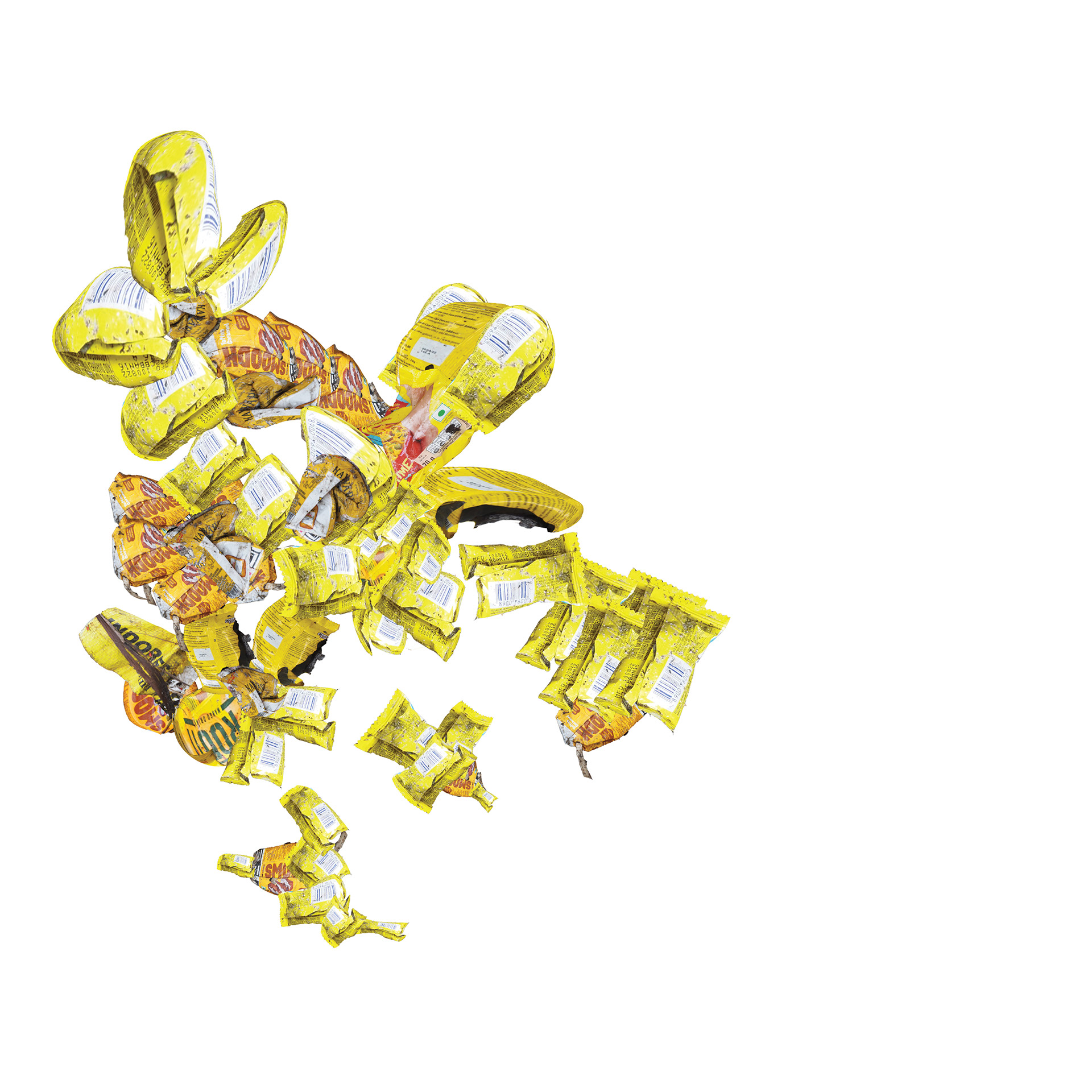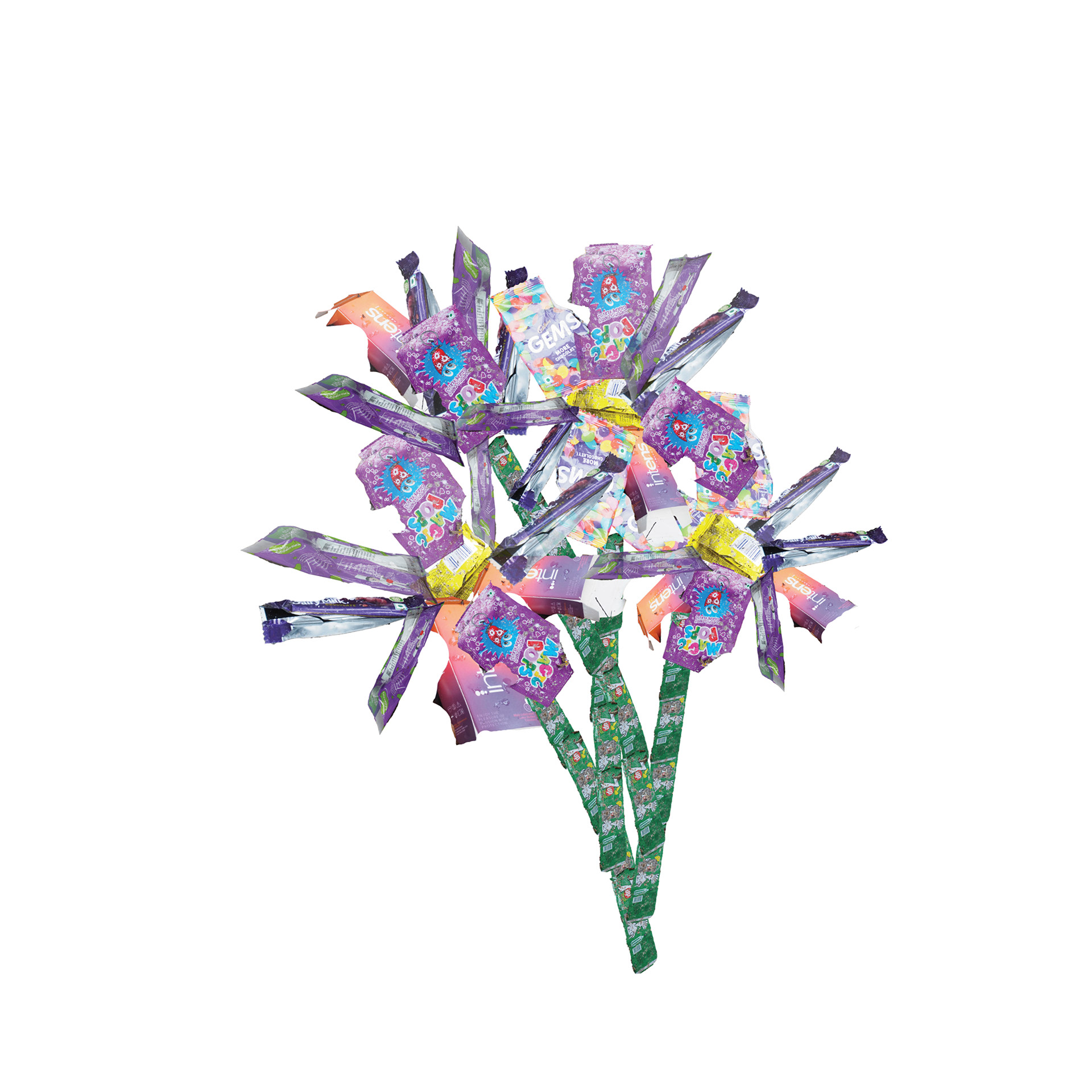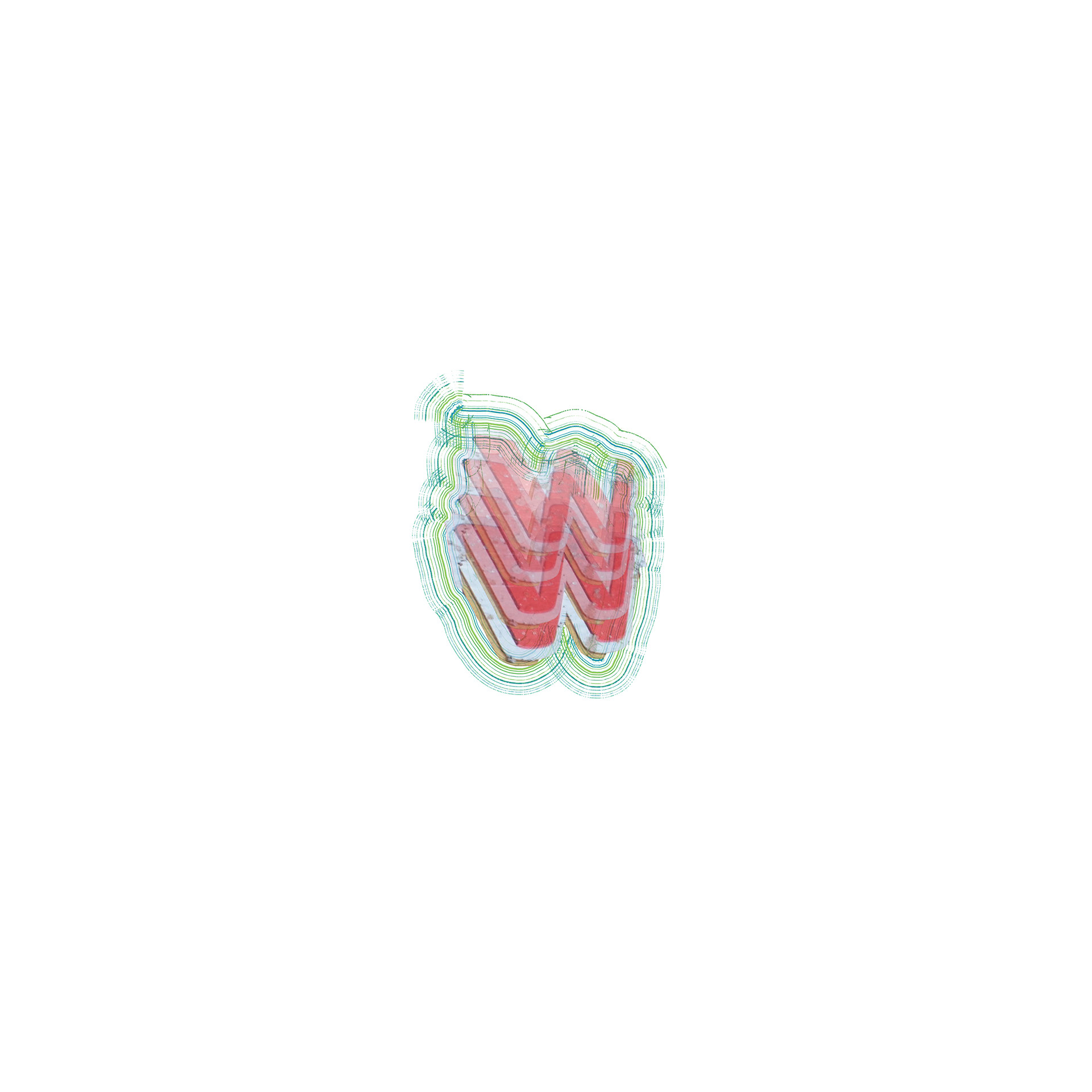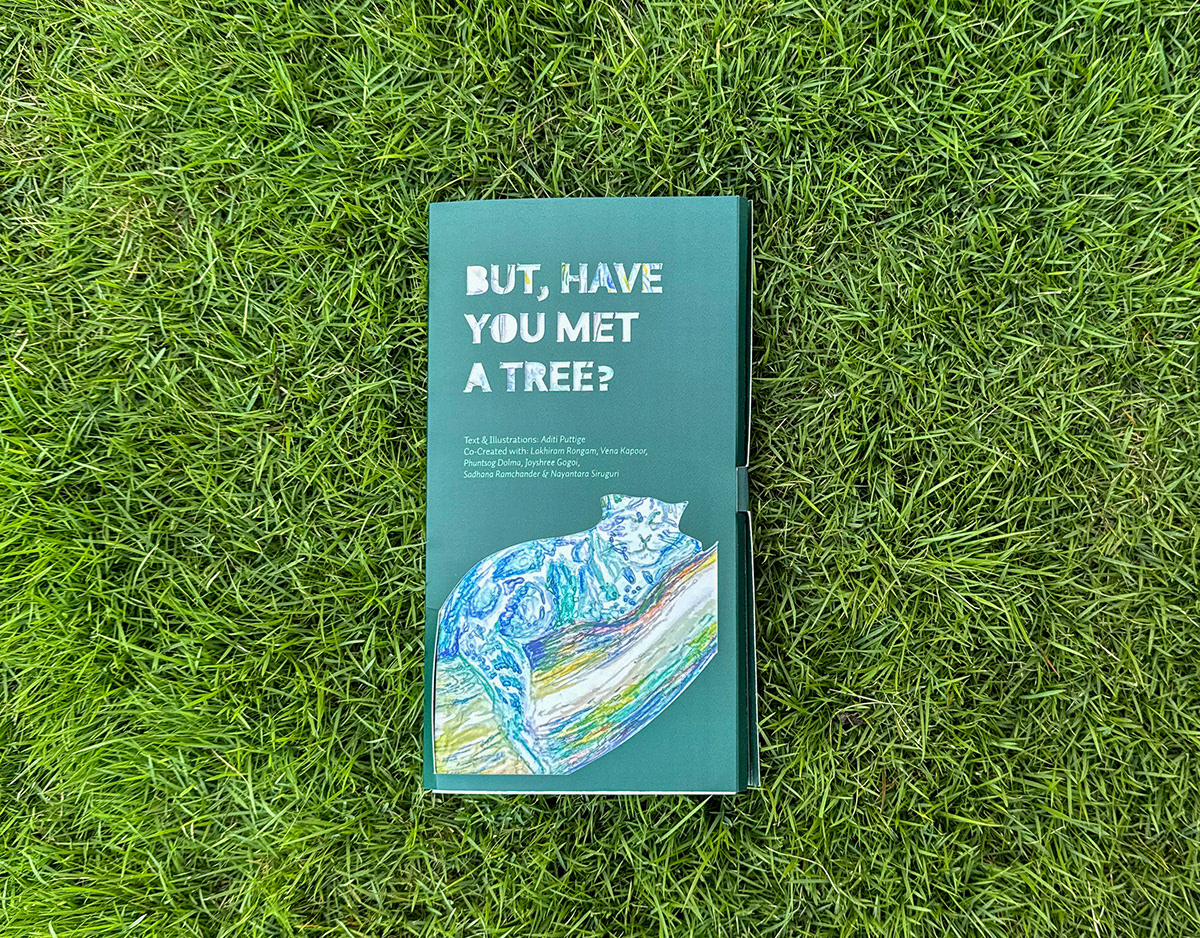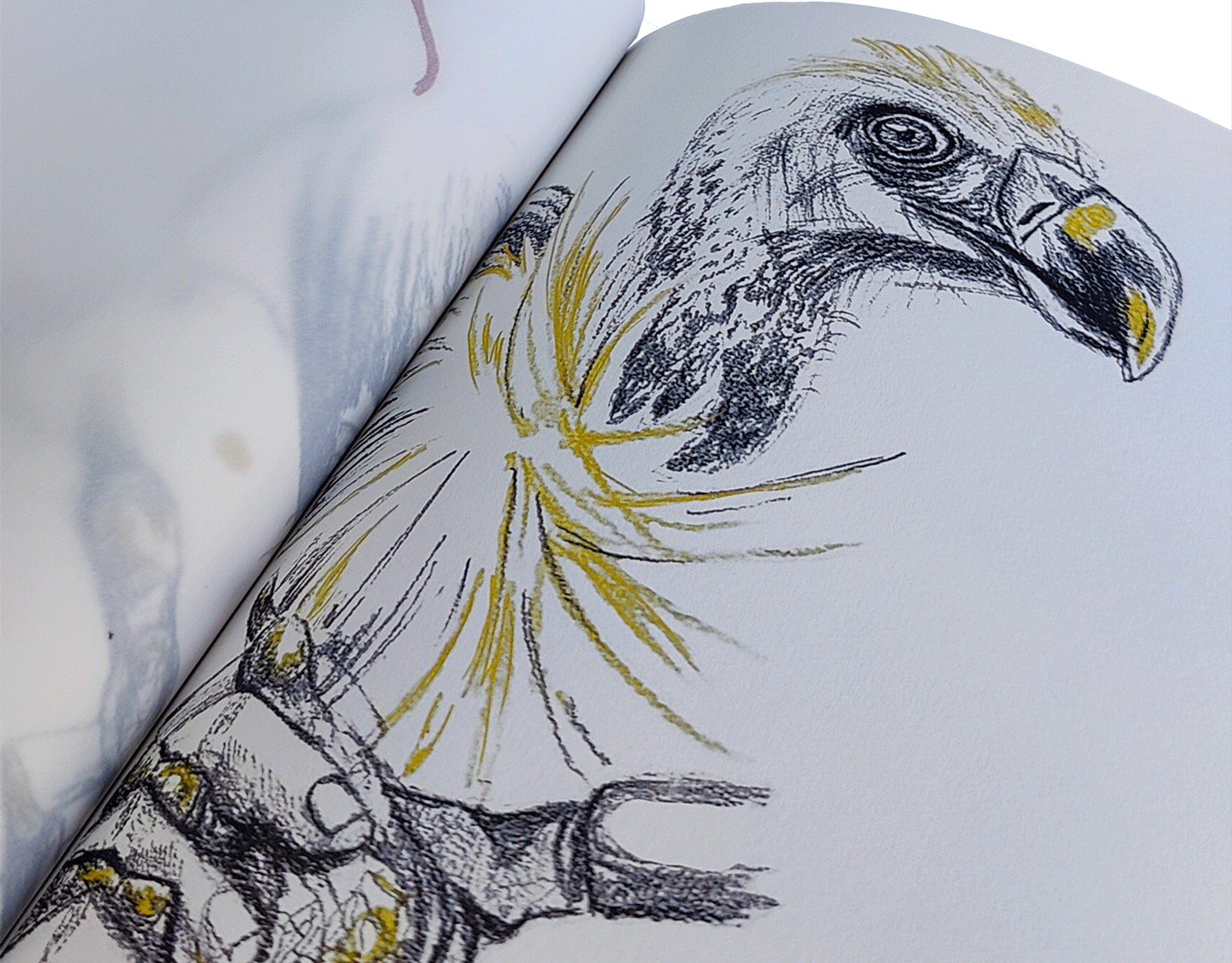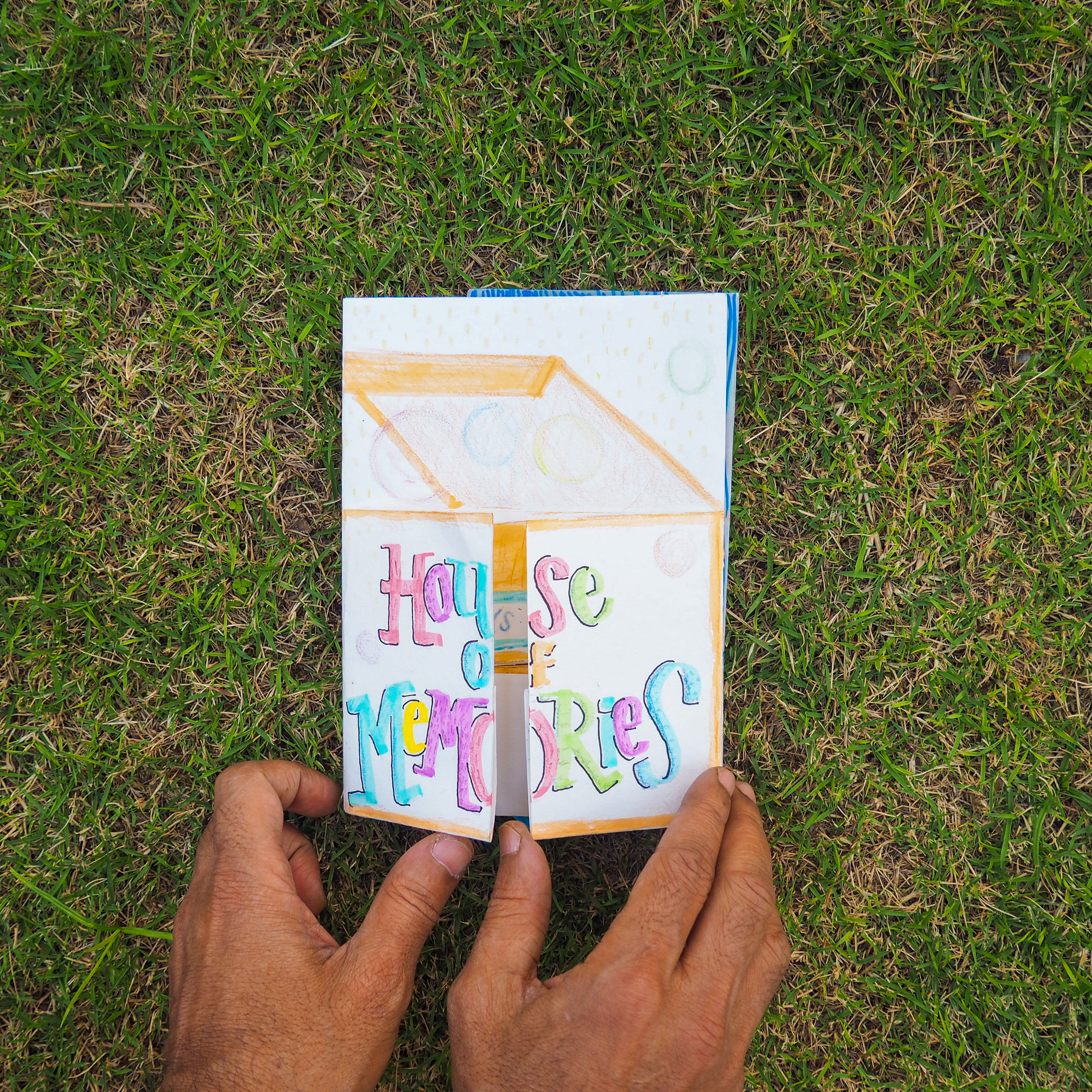Every journey we take changes us.
We commute everyday to different places, with each journey shaping us in a certain way.
What we choose to see or ignore, the mode of commute we adopt, reflects in how we interact with a space.
This visually poetic and typographic reflection looks at my daily commute from home to college in Yelahanka, Bangalore. Being a short distance of about half a kilometer, I became my own facilitator of commute by walking everyday.
Our daily commute often becomes ingrained in our memory, and we end up becoming passive travellers and observers. However, when we actively observe, there is so much happening.
I used the lens of typography to map my daily commute and found type hidden in places I had otherwise ignored, piles of trash.
There are several piles of trash on my way. The contents seen in piles of trash mirror the activities happening around. A keen observer can decipher the demographics of the area and gauge the environmental impact. When I looked at it closely, the trash was mostly made of natural waste, like wilted leaves, flowers and twigs. By itself, it would have further nurtured life had it been composted. However, this largely degradable pile becomes trash with various packaging materials strewn in it. Thus, hidden in this trash is a lot of typography, deformed and disfigured.
I further explored the idea of type in trash and presented it as a poetic narrative from the viewpoint of a leaf in this pile of trash. The leaf poetically narrates its musings about this ironic situation. The poem is complemented with typographic collages and illustrations of all things natural starting from A to Z. The typographic collages use the letters found on the packaging, while the accompanying illustrations use the packaging itself. The book 'Type in Trash' brings together all these elements, aiming to spark wonder and become more conscious of the creation and disposal of trash.
The book at a glance: A flip through and a selection of few pages
Some collages of the visuals and letters from the book
